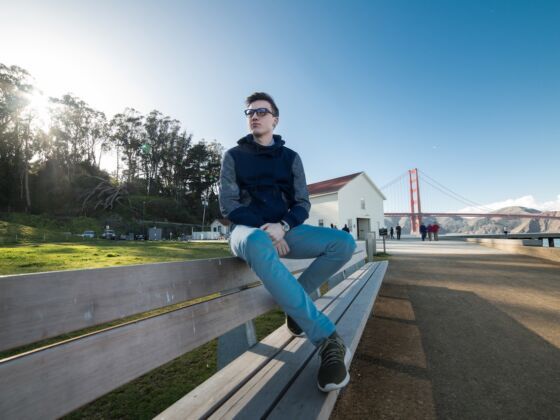“California is a place in which a boom mentality and a sense of Chekhovian loss meet in uneasy suspension; in which the mind is troubled by some buried but ineradicable suspicion that things had better work here, because here, beneath that immense bleached sky, is where we run out of continent.” (Joan Didion, Notes of a Native Daughter)
WHEN I WAS FIFTEEN years old, my best friend at the time offered me a trip California. Her mother was going on a business trip to San Francisco and was willing to take me along so that her daughter would have company.
